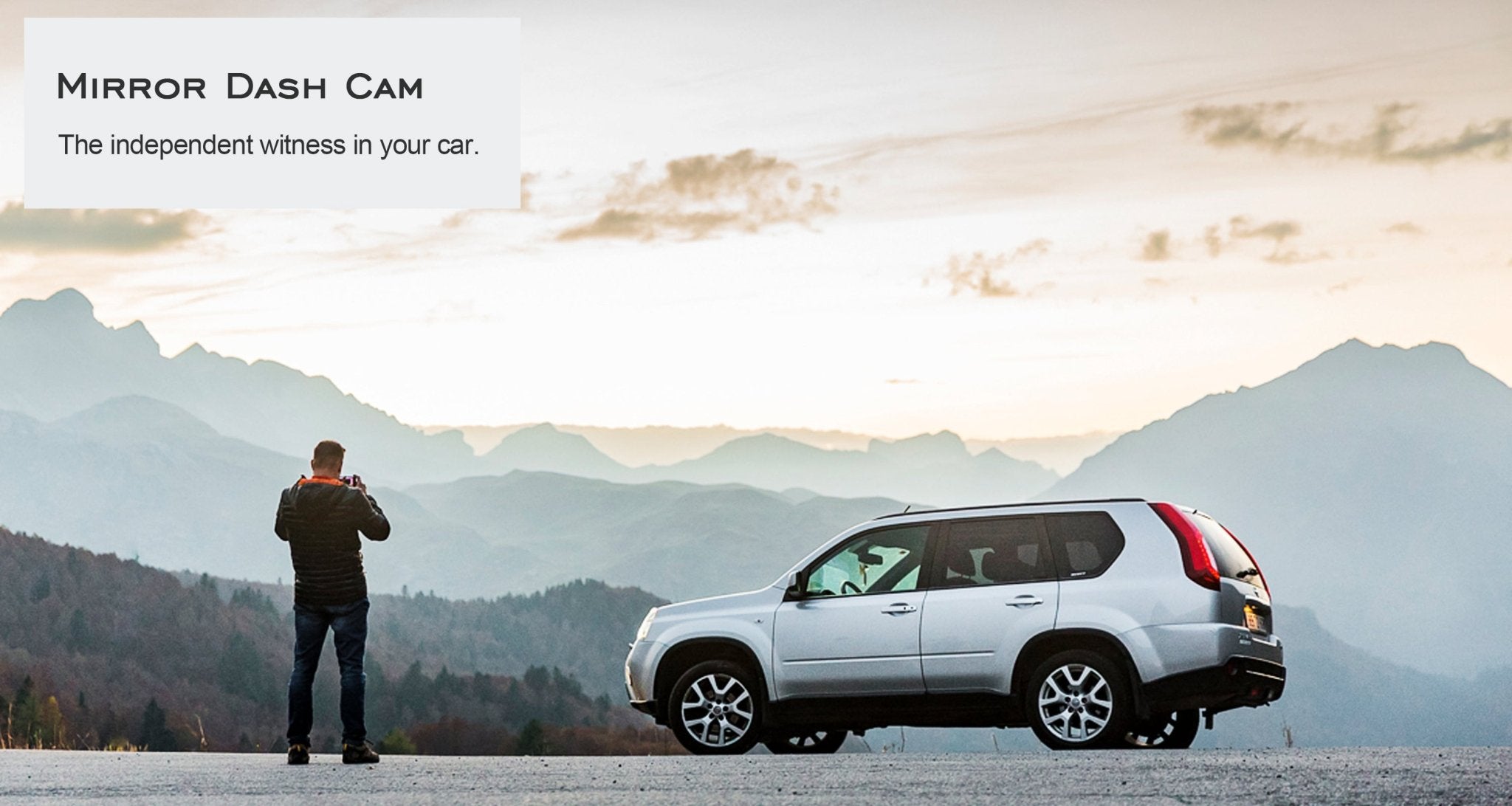Introduction
With the advancement of technology, dash cameras have become an indispensable tool for many drivers, capturing crucial moments during their journeys. However, along with their widespread use, dash cameras have raised a series of legal and privacy concerns. This article will delve into these legal aspects, helping drivers better understand and use dash cameras in compliance with the law.
1. Legal Compliance of Dash Cameras
First and foremost, the legality of using dash cameras is a concern for most drivers. In the United States, most states allow the use of dash cameras in vehicles, but there may be some restrictions on their use. Drivers should be aware of and adhere to their state's regulations to ensure lawful use.
2. Privacy Issues and Compliance
The use of dash cameras may involve the privacy of others, especially when capturing pedestrians or other drivers. When using dash cameras, protecting the privacy of others is crucial. Best practices for compliance include avoiding the use of dash cameras in private areas and minimizing the capture of sensitive information such as faces or license plates.
3. Vehicle Recordings and Court Evidence
Recordings from dash cameras can be used as evidence in court in certain situations. However, when using these recordings as court evidence, it is essential to ensure they were legally obtained and meet the standards set by the court.
4. Variances in Regulations Across States
Different states in the U.S. have varying regulations regarding dash cameras, including recording duration, sharing of recordings, and rules related to audio recordings. Drivers should be familiar with and comply with local regulations when driving in different states.
5. Insurance Claims and Dash Cameras
Video footage recorded by dash cameras can serve as compelling evidence for insurance claims. Insurance companies increasingly recognize the role of dash cameras, with some even offering discounts to encourage drivers to use these devices.
6. Dash Cameras and Judicial Responsibility
Dash cameras contribute to increasing drivers' sense of responsibility by recording driving behavior and helping improve driving habits. This has a positive impact on reducing liability in traffic accidents.
7. Best Practices for Using Dash Cameras
Lastly, to ensure legal compliance and social responsibility, drivers using dash cameras should follow some best practices. This includes understanding local regulations, protecting others' privacy, and using dash cameras responsibly.
Conclusion
In the prevalence and use of dash cameras, understanding their legal aspects is the responsibility of every driver. By following compliance and best practices, we can better enjoy the convenience brought by this technology while ensuring our actions fall within the legal framework.
Call to Action
If you have any legal concerns regarding dash cameras, it is advisable to consult with a professional legal advisor for detailed advice. Additionally, feel free to visit the Pormido website to explore our dash camera products and more resources to help you drive safer and more confidently on the road.



